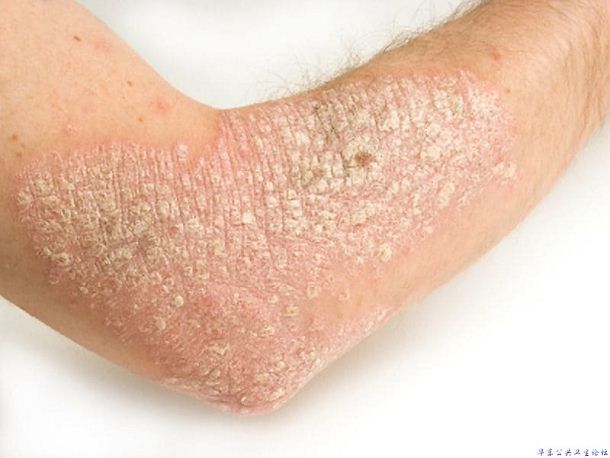
FRIDAY, July 27, 2018 -- A study of more than 3,500 French psoriasis patients found that the healthier their diet, the less severe their symptoms.
Specifically, the closer an individual adhered to the nutritious "Mediterranean" diet, the less onerous their psoriasis became.
This was true regardless of whether or not the patient was obese, the French researchers noted.
The Mediterranean diet is heavy on fruits, vegetables, whole grains, fish, olive oil and nuts, and light on red meat, dairy and alcohol. It's long been recommended as "heart healthy" by groups such as the American Heart Association.
Now, the new research bolsters the notion that the regimen might also help fight immune-system disorders such as psoriasis.
One U.S. dermatologist agreed the idea has merit.
"If this finding is confirmed by further studies, it would lead to a significant change in the way dermatologists manage psoriasis, as it would mean that even a patient who is not overweight could improve their psoriasis through dietary modifications," said Dr. Scott Flugman. He practices dermatology at Northwell Health's Huntington Hospital, in Huntington, N.Y.
The new study was based on data from a nationwide health survey of citizens in France, involving almost 36,000 respondents. More than 3,500 of them had some form of psoriasis, said the team led by Dr. Celine Phan, of Henri Mondor University Hospital in Creteil, France.
Besides asking psoriasis patients about the severity of their symptoms, the survey also gauged how closely they approached the ideal Mediterranean diet. Participants were divided into three groups -- a "bottom" third whose diets were furthest away from the Mediterranean diet, a middle third whose eating habits were moving closer to the diet, and a top third who were closest to the Mediterranean diet.
The researchers adjusted their findings for age, exercise levels, obesity, smoking and other potential risk factors for psoriasis.
Compared to people in the bottom third, those in the middle and top groups were 29 percent and 22 percent less likely to have severe symptoms, Phan's group found.
The researchers stressed that the study couldn't prove cause and effect. For example, it might not be that the Mediterranean diet itself somehow eases symptoms, but instead that its opposite -- the fatty, sugary "Western" diet -- exacerbates psoriasis.
But the investigators pointed to research that the inflammatory-dampening Mediterranean diet might have direct, healthy effects on the lymphoid (immune) system or the "microbiome" of healthful germs in the human gut.
The Mediterranean diet is rich in vitamins A, D, E, folate and omega-3 fatty acids, all of which have an anti-inflammatory effect, the research team said.
In contrast, it's long been known that Western diets set up an unhealthy, pro-inflammatory state in the body.
"Dermatologists have for years have seen mounting evidence linking psoriasis with systemic inflammation," Flugman noted, and "we see psoriatic patients who exhibit significant improvement in their skin after lifestyle changes," especially when that change involves weight loss.
But he stressed that psoriasis severity eased for people eating the healthier diet, even if their weight wasn't an issue.
Dr. Michele Green is a dermatologist at Lenox Hill Hospital in New York City. Reviewing the new findings, she agreed that "with the Mediterranean diet, individuals consume more nutrient-dense foods, which are not processed. The 'cleaner' your diet, the less likelihood of triggering an autoimmune response."




